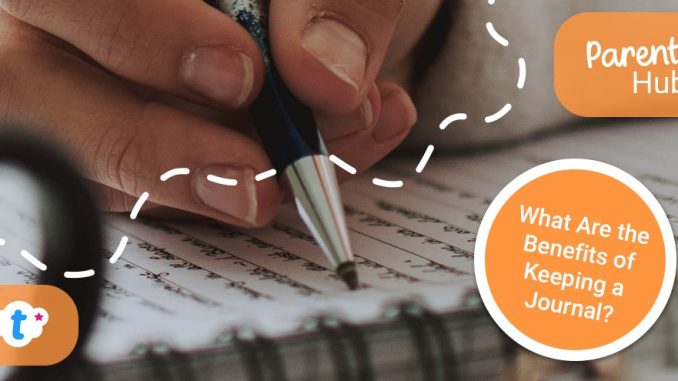
The journey of learning, whether formal or informal, is a continuous process of acquiring new knowledge, developing skills, and evolving one’s understanding of the world. Yet, in our fast-paced lives, much of this valuable experience can be lost or quickly forgotten if not actively processed and consolidated. This is where the simple, yet profoundly effective, practice of keeping a learning journal comes into its own. Far from being a mere diary of events, a learning journal serves as a dedicated space for reflection, synthesis, and metacognition, transforming passive consumption of information into an active, deeply enriching learning experience.
At its core, a learning journal significantly enhances **comprehension and retention**. When we encounter new information, be it from a lecture, a book, an online course, or a business meeting, simply reading or listening is often insufficient for true understanding. The act of writing, however, forces the brain to engage with the material on a much deeper level. It compels you to paraphrase, summarize, and articulate concepts in your own words, which is a powerful way to solidify knowledge. For instance, a university student in Yangon attending a complex lecture on macroeconomics might initially feel overwhelmed. But by pausing after the lecture to write down key definitions, explain the relationship between different economic indicators, and reflect on their personal interpretation of the theories in their journal, they are actively constructing meaning, making the information stick far more effectively than passive listening or rereading alone.
Beyond immediate comprehension, a learning journal fosters **critical thinking and analytical skills**. It provides a dedicated arena for you to pose questions, explore uncertainties, challenge assumptions, and connect new ideas to existing knowledge. It’s a space where you can wrestle with difficult concepts, allowing your thoughts to develop and mature without the pressure of an immediate solution. For a professional attending a business seminar, this might mean jotting down a new strategy, then immediately questioning its applicability to their specific industry in Myanmar, considering potential hurdles, and brainstorming alternative approaches. This active interrogation of information, rather than simply accepting it at face value, is fundamental to developing a truly insightful and adaptive mind. It transforms you from a mere recipient of information into an active participant in its construction and evaluation.
Perhaps one of the most compelling benefits of maintaining a learning journal is its role in **revealing patterns and fostering connections**. As you consistently document your learning experiences over time, you begin to identify recurring themes, emerging interests, and surprising interconnections between seemingly disparate pieces of information. This holistic view can spark innovative ideas, deepen your understanding of complex systems, and even guide your future learning trajectory. Imagine an entrepreneur in Yangon who consistently journals their observations from various market research studies, customer feedback sessions, and competitor analyses. Over time, they might notice a recurring unmet need in a particular segment, or a common misconception among consumers, leading to a breakthrough product idea or a refinement of their business model. The journal becomes a living repository of insights, a dynamic record that allows for retrospective analysis and forward-looking strategic thinking.
Furthermore, a learning journal serves as an invaluable tool for **tracking progress and boosting motivation**. In the long journey of acquiring new knowledge or skills, it’s easy to lose sight of how far you’ve come. Regularly reviewing past entries allows you to witness your intellectual growth firsthand, seeing how your understanding has evolved, how previous challenges have been overcome, and how new abilities have been mastered. This tangible evidence of progress provides powerful reinforcement and can be a significant source of motivation during periods of self-doubt or fatigue. When you can look back and see the “aha!” moments documented, or how a concept that once seemed impenetrable now makes perfect sense, it fuels your confidence and encourages continued effort. It acts as a personal success story, reminding you of your capabilities and reinforcing your commitment to lifelong learning.
Finally, a learning journal provides a **personal space for reflection and emotional processing** related to your learning journey. Learning is not always a smooth process; it can be challenging, frustrating, and at times, even exhilarating. A journal allows you to articulate these emotions, acknowledge difficulties, and celebrate breakthroughs without judgment. This emotional outlet can prevent overwhelm and foster a healthier relationship with the learning process. It also encourages metacognition – thinking about your own thinking – allowing you to identify your most effective learning strategies, understand your biases, and adapt your approach for optimal results. In a world awash with information, the ability to thoughtfully process, synthesize, and leverage new knowledge is a distinct advantage. A learning journal, therefore, is not just a collection of notes, but a powerful catalyst for deeper understanding, critical thinking, sustained motivation, and ultimately, profound personal and professional growth.